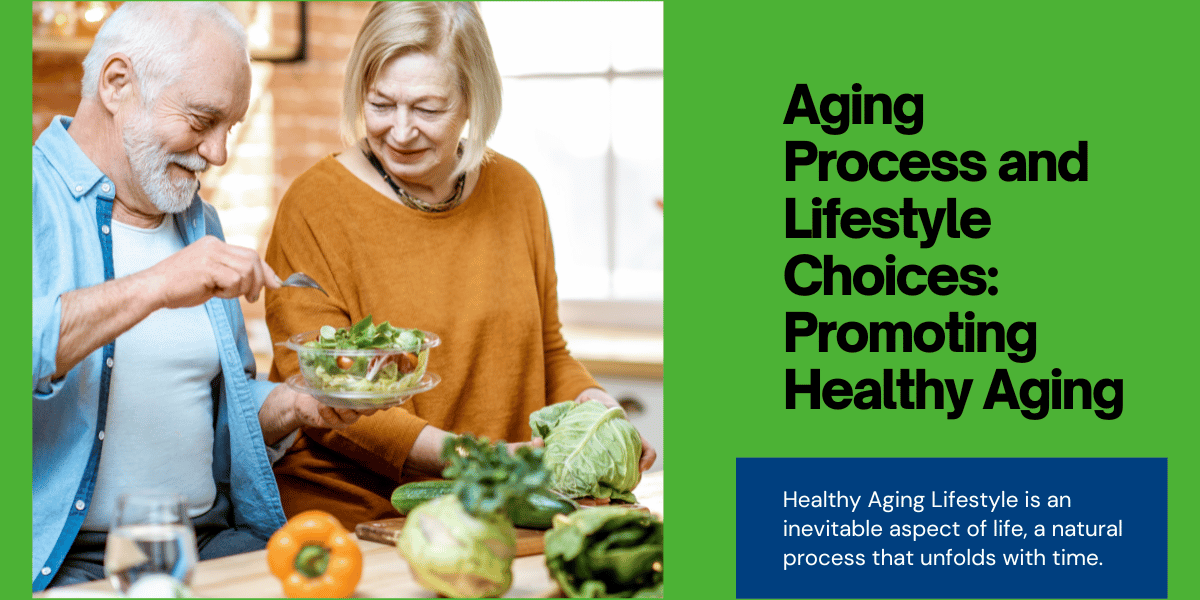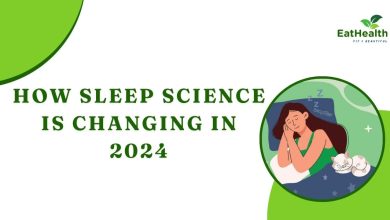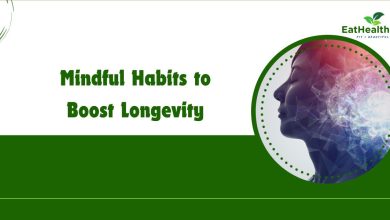Aging Process and Lifestyle Choices: Promoting Healthy Aging
Unlocking the Secrets of Healthy Aging: Lifestyle Choices That Make a Difference

Healthy Aging Lifestyle is an inevitable aspect of life, a natural process that unfolds with time. However, the way we age and the quality of life we experience in our later years are profoundly influenced by the lifestyle choices we make. In this article, we delve deep into the intricacies of the aging process and explore how conscious lifestyle decisions can not only add years to our lives but life to our years.
Understanding the Aging Process
Aging involves a complex interplay of genetic, environmental, and lifestyle factors. Our cells alter in a number of ways as we age. Telomeres, the protective caps on our chromosomes, shorten, impacting cellular replication. Collagen and elastin, essential proteins for skin elasticity, deplete, leading to wrinkles and sagging. The body’s ability to repair damaged DNA diminishes, making us more susceptible to diseases.
The Role of Lifestyle Choices
- Nutrition: A balanced, nutrient-dense diet is crucial for healthy aging. Antioxidant-rich fruits and vegetables combat oxidative stress, while omega-3 fatty acids found in fish support brain health. Avoiding processed foods, excessive sugar, and saturated fats can prevent chronic diseases.
- Physical Activity: Regular exercise is a powerful tool against aging. It enhances cardiovascular health, maintains muscle mass, and improves bone density. Exercise also boosts mood, reduces stress, and promotes better sleep, all vital for overall well-being.
- Mental Stimulation: Keeping the brain active through reading, puzzles, learning new skills, and social interactions can delay cognitive decline. Engaging in creative activities nurtures neural connections, preserving mental acuity.
- Quality Sleep: Adequate, restful sleep is essential for cellular repair and immune function. Poor sleep patterns are linked to various health issues, emphasizing the importance of establishing a sleep routine.
- Stress Management: Chronic stress accelerates the aging process. Techniques like meditation, yoga, and mindfulness promote relaxation, reducing stress hormone levels and promoting cellular longevity.
- Social Connections: Meaningful social interactions and a strong support network contribute to emotional well-being. Maintaining friendships, volunteering, and participating in community activities foster a sense of purpose.
The Impact of Healthy Aging
- Enhanced Longevity: Studies indicate that individuals adopting healthy lifestyles tend to live longer, enjoying more years of active, fulfilling life.
- Reduced Risk of Chronic Diseases: Proper nutrition and regular exercise significantly decrease the risk of diseases like diabetes, cardiovascular issues, and certain cancers.
- Improved Mental Health: A healthy lifestyle not only preserves cognitive function but also reduces the risk of depression and anxiety, promoting mental resilience.
- Better Quality of Life: Healthy aging ensures independence, mobility, and the ability to engage in activities, leading to an improved quality of life.
Conclusion
Aging is not a fixed trajectory but a journey influenced by our choices. By embracing a lifestyle centered around nutritious eating, regular exercise, mental stimulation, quality sleep, stress management, and social connections, we can significantly impact how we age. It’s never too early or too late to invest in healthy aging. As we nurture our bodies and minds, we not only add years to our life but also life to our years, ensuring a vibrant and fulfilling journey through the golden years of life.




